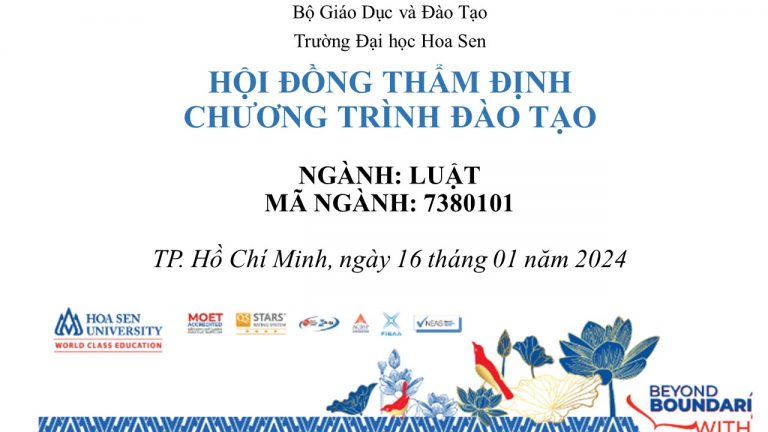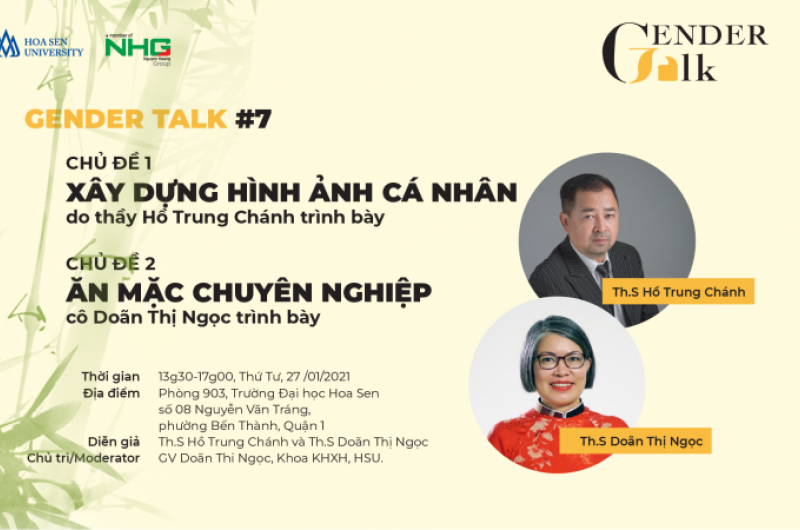HISTORICAL STUDY: THE PREMISES OF PHILOSOPHICAL STUDY
June 16, 2022
Dr. Duong Ngoc Dung
Director of Philosophy Program, Faculty of Social Sciences, Hoa Sen University
If we have the opportunity to follow the modern historical philosophical works of famous authors such as Hayden White, Robert F. Berkhofer, Barbara Tuchman, David McCullough, Louis Mink, Fredrich Jameson, Herbert J. Mueller, Paul Ricoeur, WH Walsh, Lucas M. Gisi, most of which have never been introduced or discussed in Vietnamese academic circles, we often see the above authors emphasizing the close relationship between literature and history. Historical works, from their point of view, often use, without realizing it, literary narrative tools when presenting historical developments. We see this very clearly when reading Sima Qian, Gibbon, Michelet, Taine, Spengler, Toynbee, and Durant. If we call their works literary masterpieces, it is not far from the truth. Arnold J. Toynbee, an eminent British historian, himself wrote: “The selection and arrangement of factual elements are merely a method of fiction, and the popular opinion is that no historian could be considered great if he were not himself a great artist.” ( Research on human history, Culture, and Information Publishing House, Hanoi, 2008, p.55).
Arnold J. Toynbee (1889-1975) is the author of the great book series A Study of History ( A Study of History ) consisting of 12 volumes. If we compare him with Will Durant, an equally famous American historian and very popular in Vietnam, we immediately see the difference. Will Durant has a popular, simple, sometimes humorous style of writing, which is very interesting to read, no less than reading a novel (that’s why the late scholar Nguyen Hien Le took the trouble to translate many of his works, and nearly Here is the same translator Bui Xuan Linh), but Toynbee is more profound? His writing style has a scholarly, mature quality, familiar to traditional historians, although it is not “dry as dust” as many people have commented. Furthermore, he wrote history to illustrate his philosophy of history, so if one considers him a philosopher, it is not far from the truth. The first and most notable thing in Toynbee’s huge historical work is that he emphasized that historical research if only limited to national units, lacks the comprehensiveness necessary to understand the nature of human movements. movement of history. Especially when learning European history. Toynbee’s second thesis, which is better known, is the “challenge and response” thesis. This thesis is quite simple: any society always faces some kind of challenge. If it can be overcome, meaning there is a suitable “response/solution”, then there will be a chance to overcome it. The association continues to grow and develop. This is a type of Darwinian evolution applied to the field of historical philosophy. It is perhaps not a coincidence that most of the proponents of evolution were Toynbee’s countrymen: Thomas Huxley, Charles Darwin, Herbert Spencer, and most recently Richard Dawkins.
Realizing that Toynbee’s 12-volume book series was too massive to swallow for most readers, DC Somervell took the effort to summarize this history into 2 volumes and Van Lang Cultural Company released a translation of the book. Volume 1 (this part alone takes up 703 large pages). This is a commendable feat because few people in today’s busy era take the time to read history books, especially European history, but in my opinion, I share Toynbee’s point of view. To understand Vietnam’s historical movement, it is impossible not to take into account the role of European history, including the history of England, France, and the United States, which is directly related to the nation’s destiny.
A student in a discussion on East-West history asked the question: “So what is the educational value of history?” And what is historical truth? First of all, when discussing education, I would like to borrow the words of John Dewey, an American philosopher: ” Education not only prevents an individual from being sown in the mind of harmful wrong tendencies and confused thinking habits, arrogance, and a preference for what is more self-interested than for objective evidence but also erodes and destroys accumulated and persistent prejudices” ( How We Think . Publishing House. Tri Thuc, Hanoi, 2013, p.47). If history helps us do these two things – think based on objective data and eliminate harmful biases – then history, like all other humanities subjects, has educational value. very big desire. As for the so-called “historical truth”, I suggest that we maintain a healthy skepticism – an attitude that is necessary not only for philosophers but also for historians. Even Toynbee himself frankly admitted that between history and literature, many underground threads are closely related and not completely opposed to each other.
SOURCE: https://exlibrishermes.com/nghien-cuu-lich-su-tien-de-cua-nghien-cuu-triet-hoc
















